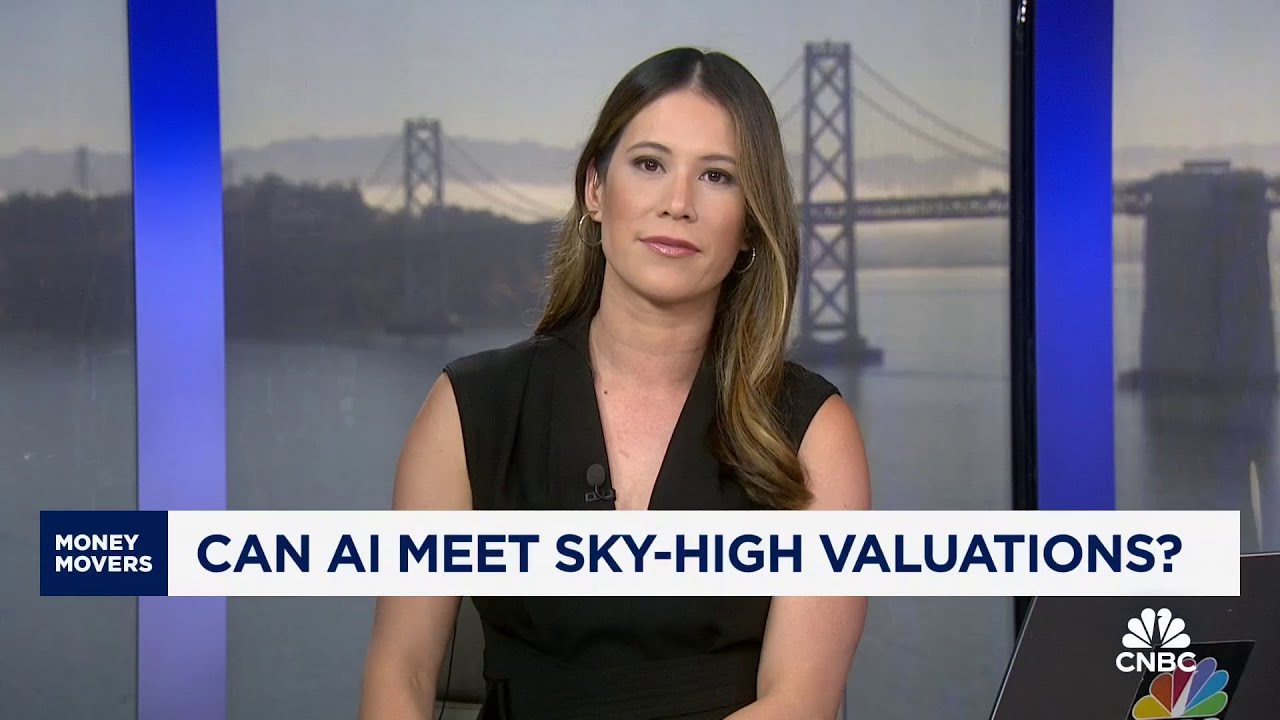AI startup Safe Superintelligence, co-founded by former OpenAI chief scientist Ilya Sutskever, raised $1 billion in a rare seed funding round, emphasizing the trend of investors prioritizing founder expertise over established products. The video discusses the potential risks of this approach, as the success of such ventures may depend more on the founders’ reputations than on solid business strategies, raising concerns about the balance between innovation and ethical considerations in AI development.
In a recent funding round, AI startup Safe Superintelligence, co-founded by former OpenAI chief scientist Ilya Sutskever, raised an impressive $1 billion. This significant investment highlights the ongoing trend in the tech industry where venture capitalists are eager to secure top talent in artificial intelligence, often prioritizing the expertise of founders over established products or revenue streams. Sutskever’s departure from OpenAI was motivated by safety concerns, and his new venture is seen as a prestigious addition to the AI landscape.
The funding round for Safe Superintelligence is notable as it represents a seed investment, which is rare for startups at such an early stage, especially those with only ten employees and no product ready for market. This trend reflects a shift in the startup ecosystem, where the focus is increasingly on the capabilities and backgrounds of the founders, rather than the traditional metrics of business viability. The distinction between “business founders” and “white paper founders” is becoming more pronounced, with the latter being highly skilled technical researchers who may lack experience in management and entrepreneurship.
The video also draws comparisons between Safe Superintelligence and other AI companies, such as Character AI, which similarly raised substantial funding based on the reputation of its founder rather than a proven product. This raises questions about the sustainability of such investments, as some founders have struggled to monetize their innovations effectively. The emphasis on the founder’s reputation over product readiness suggests a potential risk for investors, as the success of these ventures may hinge more on the individuals than on solid business strategies.
Safe Superintelligence’s mission aligns closely with that of OpenAI, focusing on the development of responsible AI that benefits humanity. However, there is a growing concern that as companies like OpenAI shift towards profit-oriented models, the commitment to safety and ethical considerations may be compromised. The video highlights the challenge of balancing innovation with responsibility, particularly in a field as impactful as artificial intelligence.
Ultimately, the success of Safe Superintelligence will depend on its ability to attract the necessary resources, including talent and technology, to fulfill its ambitious goals. The video concludes by questioning whether the company can achieve its mission of developing safe AI, despite the inherent challenges and pressures of the competitive tech landscape. As the AI sector continues to evolve, the implications of these funding trends and the focus on founder reputation will be critical to watch.
